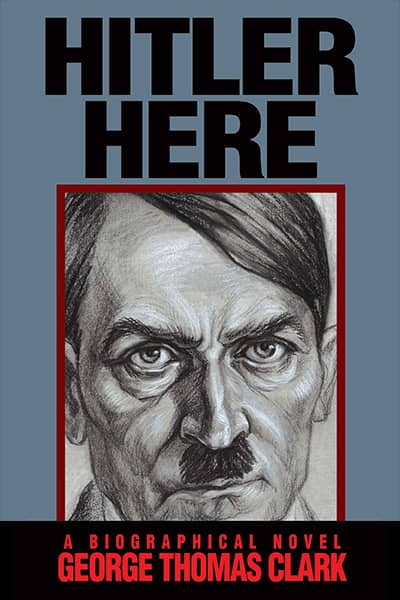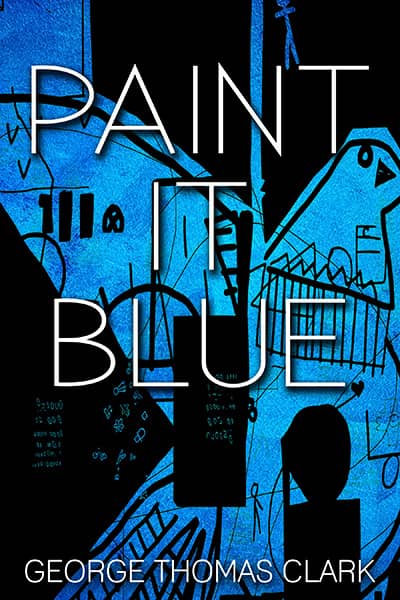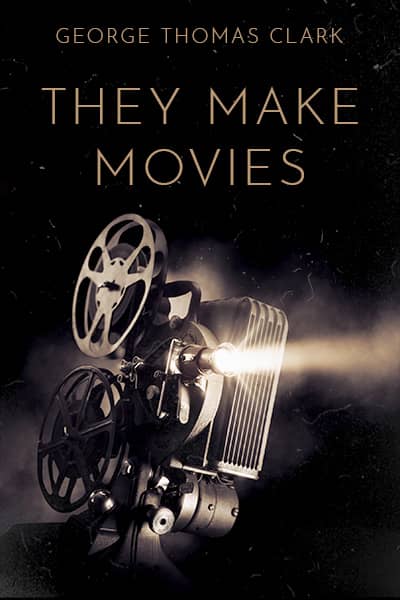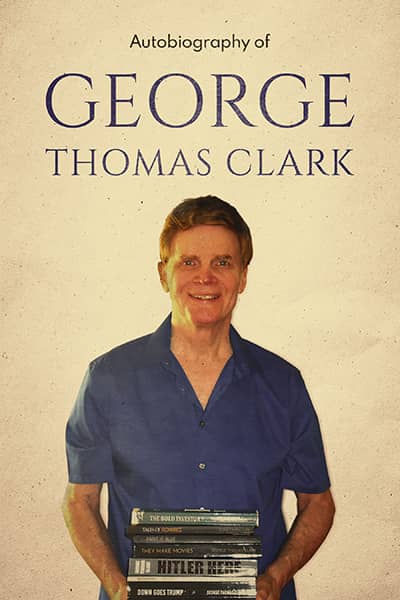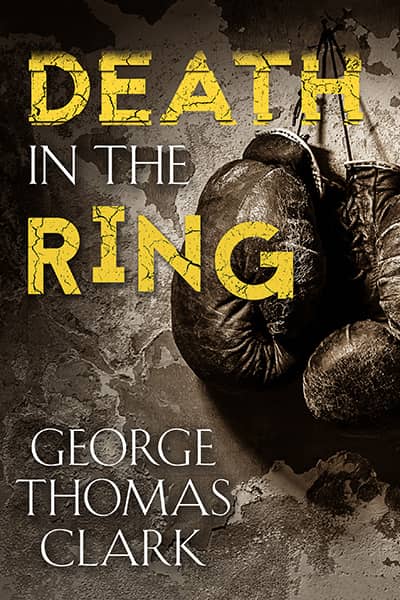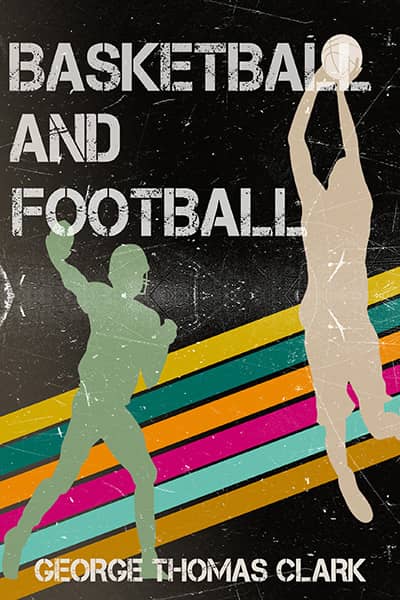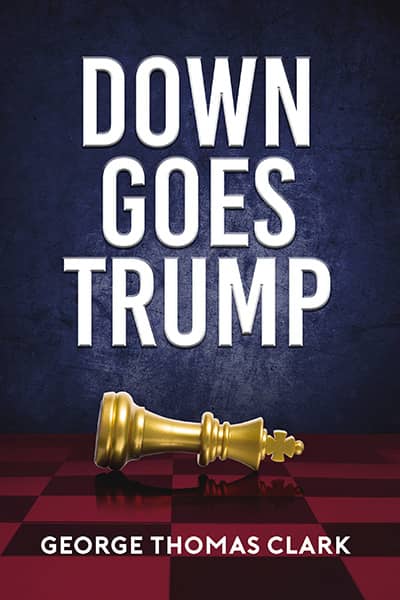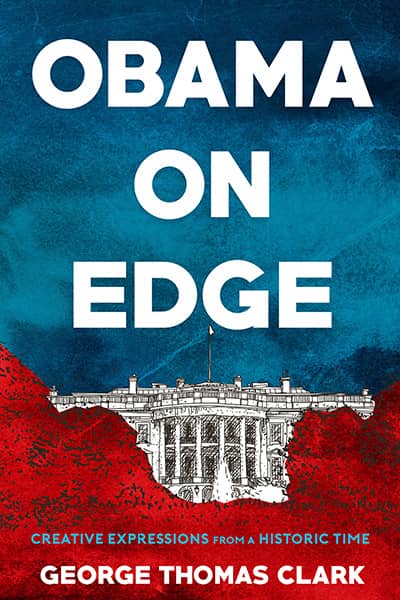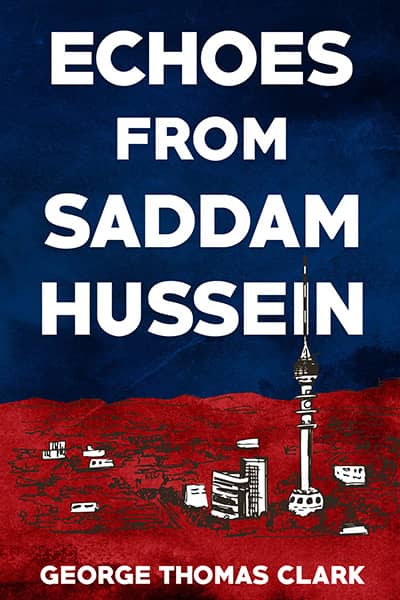Obama Activists Target Graffiti
January 22, 2009
The afternoon before President Barack Obama raised his right hand and strode into history, a few thousand action groups, summoned by an email Obama transmitted through his website, gathered in communities across the nation for the spiritual purpose of expressing unity and the utilitarian one of helping to rebuild a crumbling infrastructure. In Bakersfield, California nearly two hundred enthusiasts entered Martin Luther King Park, on the holiday honoring the late civil rights leader, and were greeted by a disc jockey spinning music, a few casually dressed police officers and social workers, and the tools of voluntary contribution: buckets of paint blended to match, paint rollers, short handles, long handles, and addresses and photos of numerous buildings marred by graffiti on the impoverished east side of town.
Tony Martinez, head of the Graffiti Cover-Up unit of the Bakersfield Police Department, delivered a pre-game pep talk. Graffiti removal cost the country $15 billion in 2008. San Francisco spent $24 million, Los Angeles $22 million, Bakersfield $1.7 million, and Cal Trans unloaded $27 million to cover the paint on state highways and overpasses.
“But I’ll tell you about the miracle in San Jose,” said Martinez. “A man named Rob Boyle organized a team of 3,000 volunteers. When someone tagged anywhere in the city, the mess was quickly painted over. They kept this up, and in four years they reduced graffiti by 98.9%. Last year, in the whole city of San Jose, there were only 272 taggings, down from about 27,000. The taggers got discouraged and left. Some moved to San Francisco.”
The volunteers in Bakersfield were ready to run through the tunnel and play ball. They ranged from high school students to retirees to professionals, 40 of whom, including myself, have recently formed the Hope4Kern community action group.
I examined all the flyer-size photos and decided to visit the two most disfigured locations, across 10th Street from each other at the corner of Martin Luther King Boulevard. Community Food Mart is owned by a man named Shiabi who left Aden 36 years ago, seeking economic opportunity, good medical care, and freedom. He hasn’t returned to his birthplace and doesn’t plan to. He’s anyway been busy for nine years running his neighborhood store that’s bombarded by graffiti both artistic and menacing.
“The taggers come here every other day,” said Shiabi. “They have no respect. I call the city at 32-ERASE and they come out in a day or two, but it’s discouraging.”
“Look at the back of your store,” I said. “A group of students is giving the whole wall a smooth yellow coat.”
I walked back around the store and noted the fast-painting crew had covered blemishes high and low to finish in less than half an hour.
“That was a creative ‘Love’ and ‘Respect’ someone had tagged on the wall,” I told Sean Battle, director of Stop The Violence, an agency headquartered in King Park.
“It’s creative but not art,” Battle said. “That mural on the side of the store is art and inspirational for the community. That’s why no one’s touched it. These taggers should ask themselves why they feel they can write on other people’s property. Tagging is a gateway to crime. One tagger puts up something, then another comes along and covers it up, and there’s potential for a war. That ESK just covered stands for the gang Eastside Killer.”
On the other side of 10th Street loomed abandoned apartments better described as scary shacks surrounded by an angry wrought iron fence with bars curving out and sharp at the ends. Energetic painters quickly transformed the exterior of these apartments, too. They still aren’t ready for habitation – the insides are gutted – but at least someone could now consider investing to upgrade and rent.
I drove south on King Boulevard a few blocks and almost stopped in front of a small, old, box-like church tattooed with high-density markings and punctuated in front by a forlorn lady who might have been on duty unrelated to religion. She stared at me as I eased by and made a U-turn for another look. Dutifully I reported the church’s need for paint to Sean Battle and he said the city already has it on the schedule.
Returning to Stop The Violence headquarters, I sat at a conference table with Tony Martinez and asked, “Why do people tag buildings?”
“A lot of it is artist recognition,” Martinez said. “Only 10% of tagging is gang-related. The kids like to say, ‘Hey, look what I did.’ Even though some of the tagging is very good, I like to say it’s vandalism, not art or even graffiti.”
“I’m surprised only 10% is gang-related.”
“It’s still a criminal concern because the kids often start out tagging and from there get into other crimes, like stealing. They’re already kind of in a gang – a graffiti gang. This can lead to shootings. We’re trying to get to the kids at an early age and channel their talent into creative arts programs.”
If these fledgling artists want their work to endure, they must find surfaces other than public and private structures. Within 48 hours of receiving notification, the City of Bakersfield sends trucks with computers that scan walls and perfectly match colors to obliterate graffiti, inspired or not.
